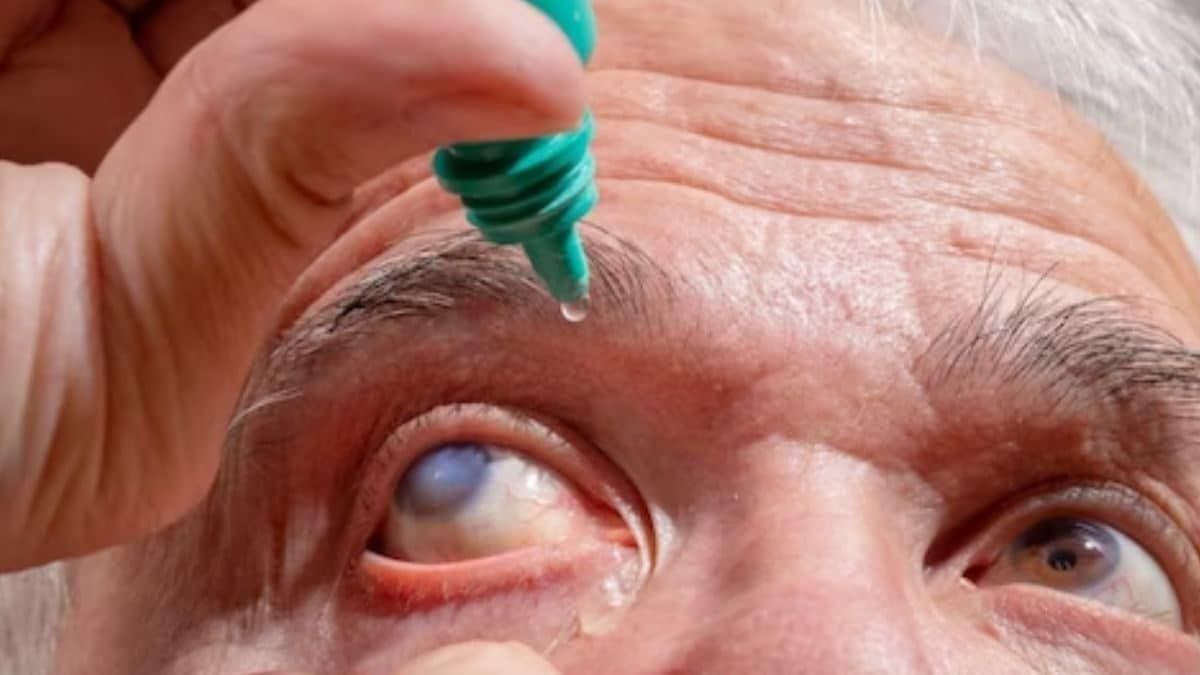Increased temperatures can cause rapid evaporation of the tear film, causing dry eyes.
Dr Dipangshu Basu Chaudhuri, Head of Clinical Service at Dr Agarwal's Eye Hospital, Salt Lake, Kolkata, shares tips to keep your eyes safe amid a heat wave.
Several regions in India are experiencing heat waves that exceed expected levels. These extreme temperatures can have numerous harmful effects on the body, including the eyes. Conditions such as dry eye syndrome, allergic conjunctivitis, and contact lens-related ulcers become more common as temperatures rise. Each of these conditions can cause significant discomfort, gritty sensations, pain, redness, and in severe cases, vision problems.
To protect your eyes during heat waves, consider the following tips:
- stay insideTry to stay indoors as much as possible, especially during the afternoon when temperatures peak. This can help minimize exposure to harsh environmental conditions that exacerbate eye problems.
- HydrateDrink plenty of water to keep your entire body, including your eyes, well hydrated. Adequate hydration is crucial to maintaining eye health and function, especially in hot climates.
- Avoid direct sun exposureWhen you must go out, wear sunglasses with maximum UV protection to protect your eyes from harmful ultraviolet rays. This can help prevent photokeratitis and other sun-related eye conditions.
- Prevent dry eyesIncreased temperatures can cause rapid evaporation of the tear film, causing dry eyes. To combat this, splash your eyes with cold water several times a day and use artificial tears or eye lubricants more frequently to maintain adequate moisture levels.
- Avoid rubbing your eyesRubbing your eyes can cause irritation and increase the risk of infection. If your eyes are itchy or uncomfortable, use eye drops instead of rubbing them.
- Limit contact lens useWearing contact lenses can exacerbate dryness. Try to limit their use and opt for glasses whenever possible to reduce the risk of dry eye syndrome.
- Maintain personal hygieneAvoid sharing personal items such as cosmetics, tissues, towels, pillowcases, and sheets, especially if you or someone around you has red eyes or symptoms of conjunctivitis. This helps prevent the spread of infections.
- Avoid swimming with eye infectionsIf you have pink or red eyes, avoid swimming to prevent the spread of infection and further irritation from chlorinated or contaminated water.
- Consult an ophthalmologistIf you experience persistent redness, pain, or irritation in your eyes, seek advice from an ophthalmologist. Early intervention can help prevent more serious complications.
By following these tips, you can protect your eyes from the adverse effects of heat waves and ensure that your vision remains healthy and comfortable.












